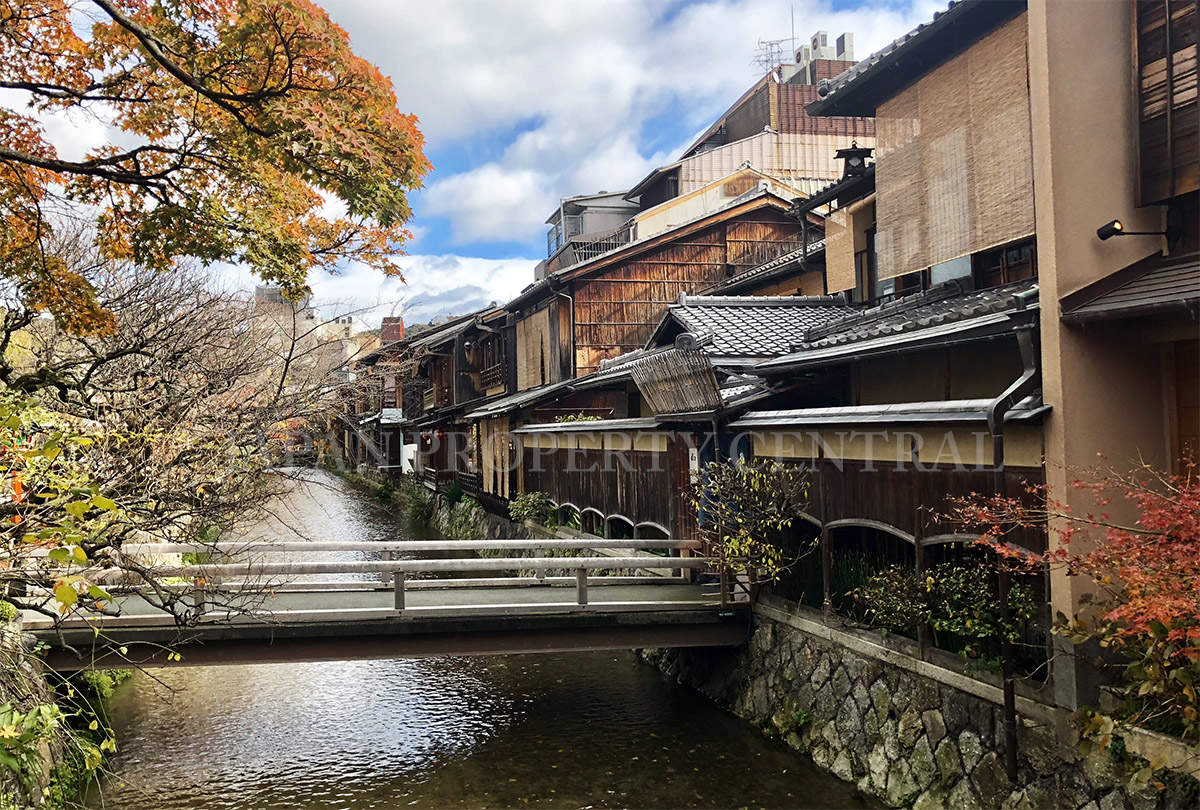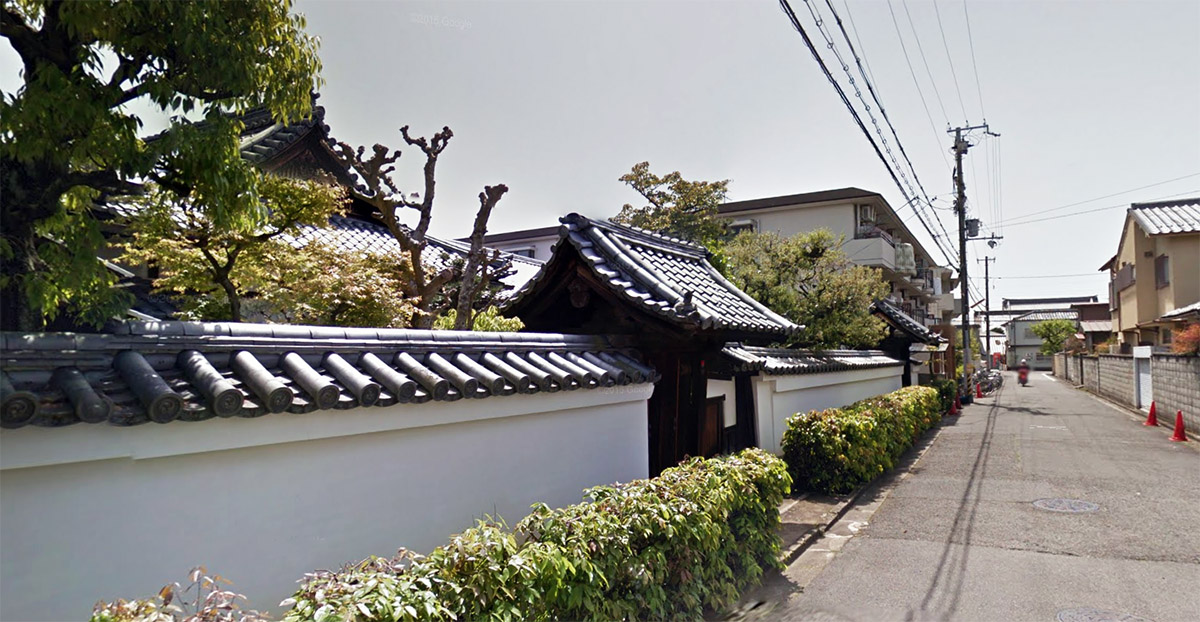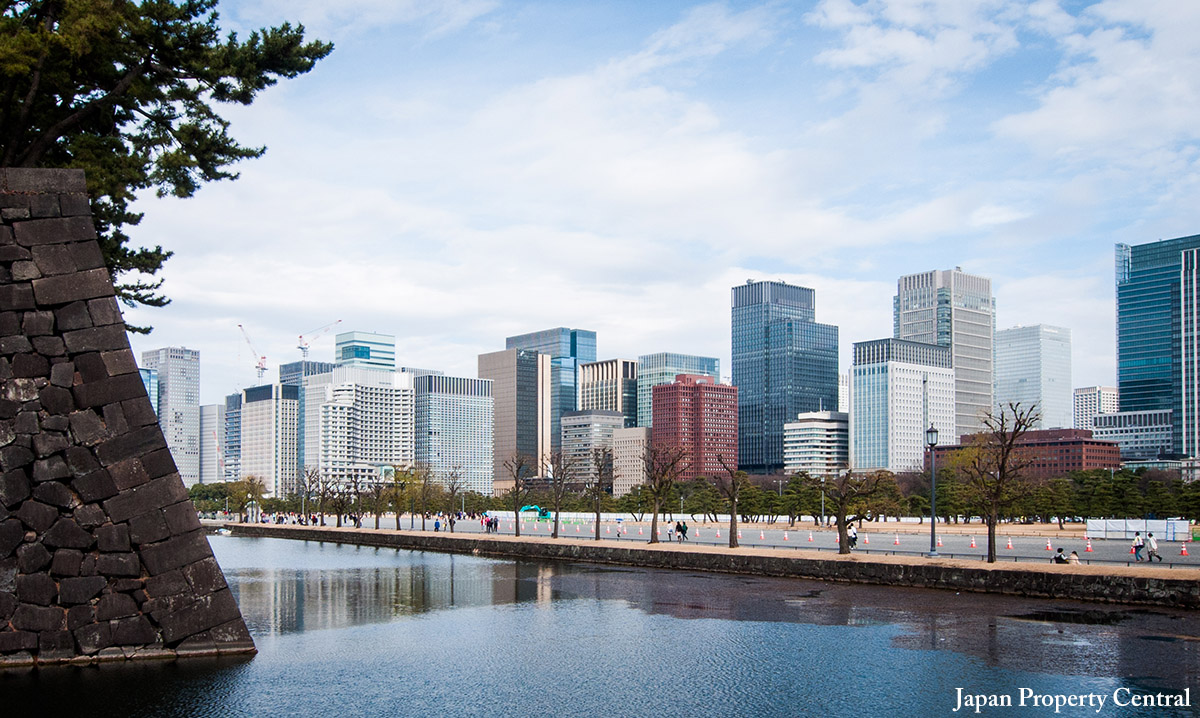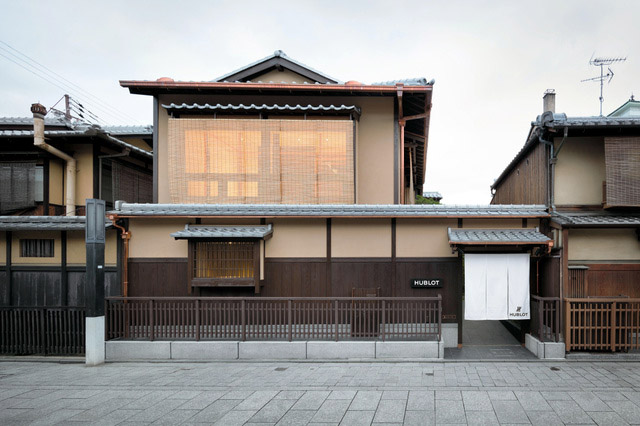Kyoto’s proposed short-term letting rules to be strictest in country

On November 30 Kyoto City announced their proposed regulations for Airbnb-style short-term rentals. To provide support for complaints and emergency situations, hosts may be required to have a full-time manager stationed in an office within an 800 meter radius of the property. Hosts may also be required to submit a written oath to the city stating that they have not been operating an unlicensed BnB within the past 3 months.
These regulations will over-ride the new nationwide law set to go into effect from June 2018 that will allow overnight stays in non-hotels for up to 180 nights per year.Read more
Real estate company reported to prosecutors for illegal BnB in Kyoto
Kyoto’s Economic Crime Investigation Division and the Ukyo Police Department have sent papers to prosecutors on a Nagoya-based real estate company under suspicion of illegally renting out a house in Kyoto City to tourists. A total of five people from the company, including the company president, are accused of acting as an intermediary for the property owner, by advertising the house as short-term accommodation on booking sites. This is a rare case where an intermediary or management company has been caught up in potential charges.
The 3-storey house was reportedly rented to foreign tourists on an overnight basis for around 50,000 Yen per night, without having any of the required hotel licenses or permissions. The house is in an exclusive residential zone, which currently prohibits any sort of hotel operations.Read more
Kyoto City might limit some Airbnb-type rentals to just January and February months
Kyoto City has started official discussions that may see Airbnb-type short-term rentals in certain residential zones limited to just the January and February months and for no more than 60 nights in total.
Hosts looking to rent out places in primarily residential neighbourhoods in central Kyoto, including areas around Kinkaku-ji temple and Nanzen-ji temple, may find themselves limited to the off-season winter months. Under the proposal, properties located in exclusive residential zones (Category I and II Exclusively Low-Rise Residential Zones, and Category I and II Mid/High-Rise Oriented Residential Zones) may only be rented to tourists for the months of January and February, with a maximum limit of 60 nights over those two months. There may be some relaxation of the rules for hosts who live in the properties or live nearby.Read more
Residents in Kyoto neighborhood ban short-term rentals

Residents of the Shimoseizoguchicho address in Kamigyo Ward, Kyoto, have received city approval for neighborhood bylaws that will ban Airbnb-style rentals, apartment buildings and enforce strict height limits.
This is expected to be a model case for neighborhoods struggling with a rise in short-term accommodation facilities and apartment development.
Japan's supply of new office space hits lowest level since 1980

According to the Japan Real Estate Institute, 1.35 million square meters (approx. 14.5 million sq ft) of new office space was supplied across the country in 2016, down 25% from 2016 and the lowest level seen since 1980. 84% of the new supply was centered in Tokyo’s 23 wards.
Sapporo, Sendai, Saitama, Kyoto and Kobe saw no new office buildings supplied last year, although there are several new buildings planned for completion over the next two years. Kyoto City, however, has no new office supply planned for the near future. Kyoto is reportedly suffering from a severe shortage of office space with office brokerage Miki Shoji reporting a current office vacancy rate around 2%, down from 12% seen in 2010.
Kyoto may impose hefty tax on short-term accommodation hosts
Kyoto City is firming up plans to impose a nightly tax on providers of short-term accommodation, or ‘minpaku’-type rentals. If approved, it could go into effect from October 2018.
Under the proposal, hosts or providers may be taxed at 200 Yen per night on accommodation that is priced at under 20,000 Yen per person, per night, 500 Yen on nightly accommodation that is between 20,000 ~ 50,000 Yen, and 1,000 Yen on nightly accommodation that is over 50,000 Yen.Read more
Hublot moves into historic machiya in Gion, Kyoto

Swiss watch brand Hublot will be opening up a boutique in an old machiya-style townhouse in Kyoto’s famous Gion district on August 26. The previous tenant was Hermes.
The shop will feature custom Japanese washi paper and wickerwork replicating the company’s logo, while customers will receive Japanese-style folding fans as gifts.
